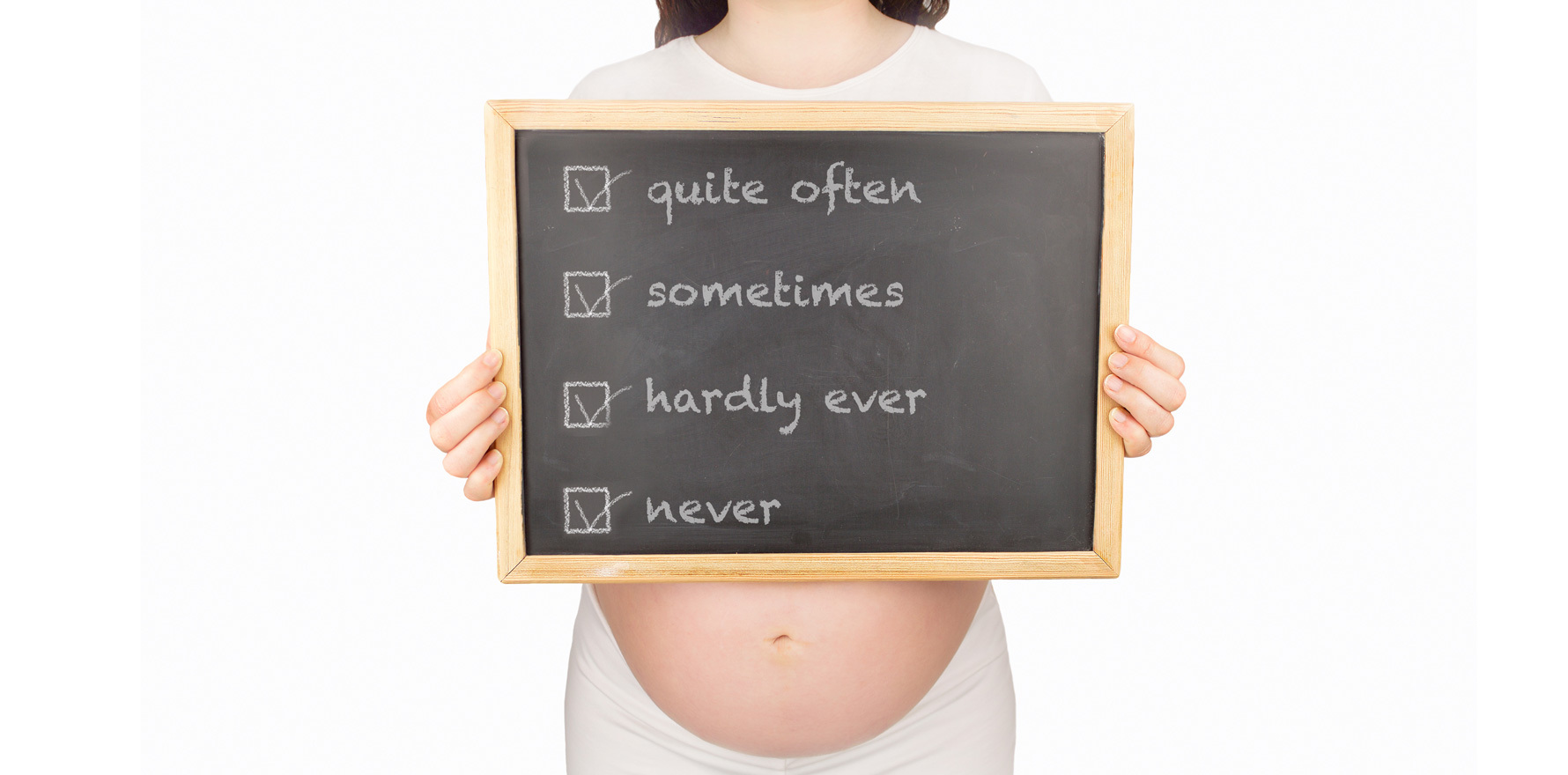Non-English speakers were more likely to miss out, even though Australia performs well overall.
Women may be more likely to miss out on antenatal depression screening if they don’t speak English, new Australian research suggests.
A survey of pregnant women in Sydney has found that only 3% of women were not screened for depression risk with the Edinburgh Depression Scale (EDS) over one year.
The study of 4800 women in Sydney Local Health District found that the odds of not being screened were 2.7 higher for women who required an interpreter compared with English-speaking women.
Of the women included in the study overall, 26% spoke a language other than English, 2% identified as Aboriginal and/or Torres Strait Islander and 90% were public patients.
“There was no evidence that gestational age at first visit, pre-pregnancy BMI, indigenous status, antenatal health problems, primigravida or alcohol use during pregnancy were associated with EDS under-screening,” the authors wrote in Journal of Paediatrics and Child Health.
Language-related barriers were reported for 21 of the 36 cases – or 58% – that did not receive screening. The researchers said that was usually because the Edinburgh Depression Scale wasn’t available in the language needed, or because an interpreter wasn’t available.
The odds weren’t higher for non-English speaking women who did not need an interpreter.
Improved access to interpreter services and foreign language resources may help minimise under-screening for culturally and linguistically diverse families, they said.
The researchers also found that 38% of women who didn’t complete the questionnaire had practical barriers such as running out of time during the appointment or wishing to leave before being screened.
A few women didn’t complete the questionnaire because a partner or older child was present, or their baby was fussing and crying.
“Unexpectedly, we also found higher odds of EDS non-completion for women whose smoking status during pregnancy was unknown compared to women with a status of ‘no’,” the researchers said.
This could be related to the mandatory perinatal data collection reporting and submission requirements in NSW which include questions on smoking during pregnancy, they said.
“That is, women for whom clinicians have no mandatory data on smoking status would also have missed mandatory antenatal EDS screening.”
The researchers said data also suggested that misinterpretation of the SAFE START policy may have led to missed screening opportunities.
“There were occasions where the EDS was reportedly missed because a partner or child over three years old were present, but the policy does not require the EDS to be completed in the absence of a woman’s partner or children over three years old: only the domestic violence screening questions.”
They said refresher training on SAFE START policy – such as the option of completing the questionnaire on paper or electronically if other family members were present – could help prevent misinterpretation and improve completion rates.
In other research, a Danish study has found that women with depression associated with hormonal birth control were 42% more likely to develop postpartum depression compared with women whose previous depression was not related to birth control.
The study, which compared almost 6000 women with a history of birth control-related depression with more than 18,000 women with a history of depression unrelated to birth control, suggested a subgroup of women were sensitive to hormonal transitions across the reproductive life span.
“Importantly, the findings do not imply that hormonal contraception use leads to a higher risk of postpartum depression but do indicate that a history of hormonal contraception-associated depression may unmask postpartum depression susceptibility, which may prove useful as a clinical tool in postpartum depression risk stratification,” the study authors wrote in JAMA Psychiatry.
Journal of Paediatrics and Child Health 2023, online 25 April


